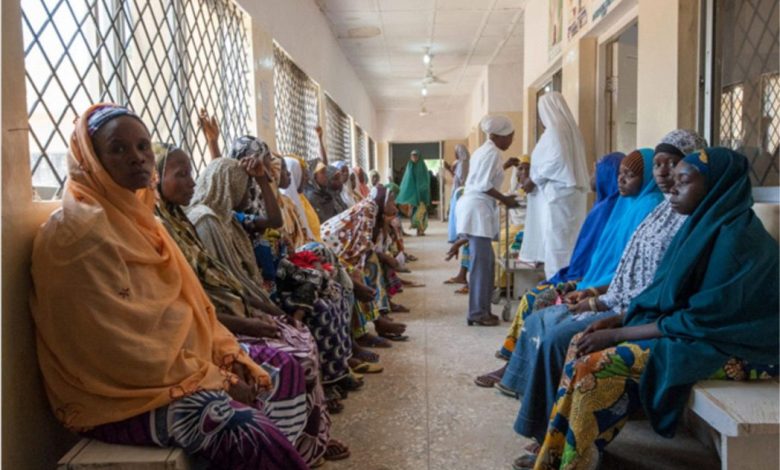
A report by The Will has revealed that the skyrocketing cost of living is tipping people over the edge, with many suffering from mental health issues due to economic hardship.
According to the report, strange, weird behaviours and tendencies are rising due to citizens’ long-suffering and inability to afford their basic needs.
Of 200 million plus Nigerians, 22 per cent are chronically depressed, according to the World Health Organisation in January 2022.
That means 40,000,000 plus Nigerians, as at the beginning of last year, were mentally ill.
By October of the same year, that figure stood at 60 million, according to the President of the Association of Psychiatrists in Nigeria (APN), Taiwo Obindo.
Obindo, who is also the chairman of the Faculty of Psychiatry at the West African College of Physicians, Nigeria Chapter, said, “Mental healthcare is in a sorry state given that we have more than 60 million Nigerians suffering from various mental illnesses and the fact that only about 10 per cent of them were able to access appropriate care.”
The figures for 2023 by relevant institutions are yet to be made public. Still, given that “economic crisis and a high level of insecurity can be regarded as the major triggers for the recent surge in the number of depression in the country,” it is safe to say that the numbers would be uncomforting.
In 2022, when the above-mentioned figures were released, the main drivers of the economy: first, petrol was priced at N148 to N178 per litre, and second, the Naira and the dollar exchange rate was N426 and N720.
In 2023, both items had hit the roof. With President Bola Tinubu’s announcement of fuel subsidy removal, petrol now sells for between N632.17 and N700 per litre, while the Naira/dollar rate stands at N764 and N1,050 at the parallel market.
Correspondingly, the cost of living has skyrocketed as virtually every sector, from education to goods and services, has increased costs amid the government’s patchy palliative programmes.
A university don who handles issues of depression, Professor Charles Ogbulogo, said, “The challenge of mental health has become a major challenge in Nigeria, particularly among the Gen Z (members of the generation of people born between the mid-1990s and mid-2010s who are seen as confident users of new technology).”
Professor Ogbulogo, the Vice Chancellor of Maduka University in Enugu, said the psycho-social condition in the country has made “delayed gratification among the gen z impossible. They want everything now so that they will be considered successful, and that is also part of societal orientation. We are in a crisis.”
According to the National Drug Law Agency chairman, NDLEA, Gen Buba Marwa (retd), “Substance abuse is common among youths between the ages of 18 and 35 years, and it cuts across those who dwell in both the urban and rural areas.”
Speaking at the 2023 Press Week Lecture/Symposium, organised by the Nigeria Union of Journalists and the News Agency of Nigeria, Lagos Chapel, recently, the drug czar, who was represented by Mrs Rita Okeke, NDLEA Deputy Director, said some youths engage in drug abuse as a result of low self-esteem, ignorance, imaginary pressure and anxiety.
She added that because of mental ill-health, inducing psycho-social factors like poverty, ethnic and political division and anger, social cohesion in the country has taken a bad hit.
